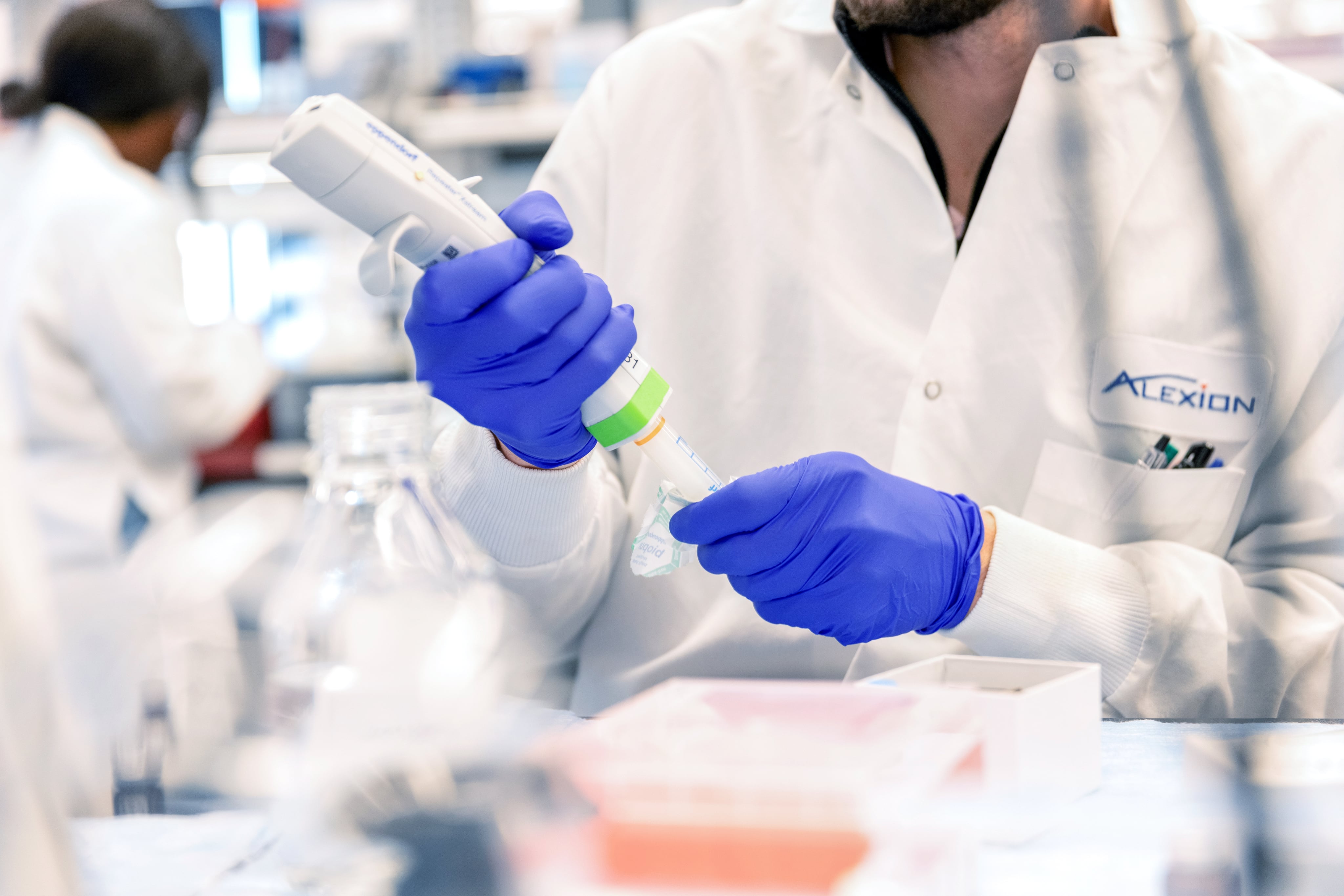
Reducing the Time to Diagnosis
We are collaborating with partners across the healthcare ecosystem to reduce the time to diagnosis and improve access to treatment. Access to effective screening and diagnostic tools remain inequitable for many patients with rare conditions. We’re working to expand access to newborn screenings and next generation sequencing, two key ways to provide needed answers more rapidly. We’re also developing and testing digital health technologies to make it easier to reach undiagnosed patients in underserved geographic locations.


